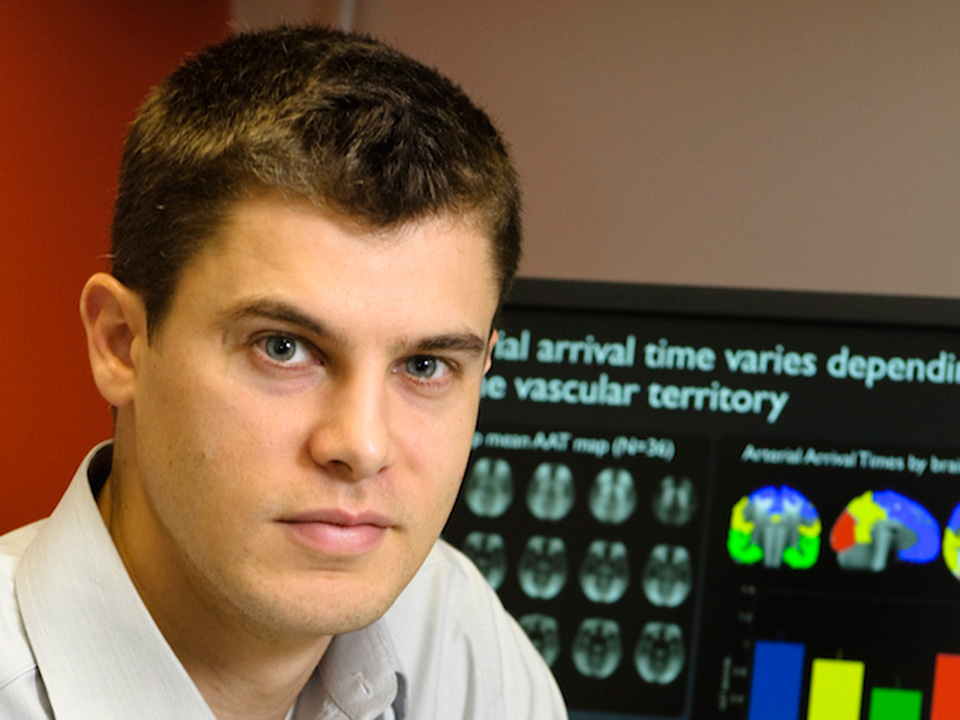Exercise turbo-boosts blood flow to brain: study
A single bout of aerobic exercise flushes the circuitry in the brain with blood, activates brain regions and improves responses to simple tasks, according to a study published today by the Heart and Stroke Foundation Canadian Partnership for Stroke Recovery, a joint initiative of the Heart and Stroke Foundation and Canada's leading stroke recovery research centres.
Results, published in the U.S. scientific journal PLOS One, found a burst of exercise alters blood flow to the hippocampus (the area of the brain responsible for learning and memory) and feeds blood to the white matter in the brain (the wiring that connects brain regions important in learning and memory).
Dr. Bradley MacIntosh of Sunnybrook Research Institute led the seven-member research team that used magnetic resonance imaging technology to measure changes in the brain among 16 healthy young adults after 20 minutes on a stationary bicycle.
"Many of the diseases of the brain, notably stroke, are problems related to blood flow," Dr. MacIntosh says. "This research is designed to study the brain's blood flow after a little bit of exercise." Following exercise, study participants were able to execute a decision-based task more efficiently, without any expense in terms of efficiency or reaction time.
The findings provide the groundwork for further research on priming the brain to promote repair after stroke. Exercise is believed to be a powerful drug to jump-start recovery and help rewire the brain to bypass damaged circuitry.
"This is the first study that has looked at these acute changes in this way," says Dr. Dale Corbett, Scientific Director and CEO of the Canadian Partnership for Stroke Recovery. "The next step is to look at changes in older adults, and those who have had strokes, and to measure the lasting effects of exercise."
Read more on the Heart and Stroke Foundation Canadian Partnership for Stroke Recovery website



